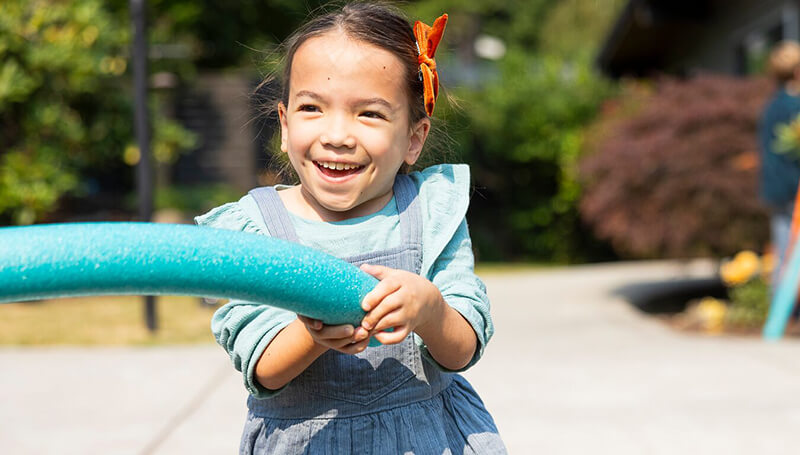Tantrums, Fits and Meltdowns
 Tantrums are typical during the toddler years — just think of a child throwing a dramatic fit at the grocery store. But tantrums can carry on through childhood. Tweens and teens may angrily crumple up their homework or stomp away and slam a door.
Tantrums are typical during the toddler years — just think of a child throwing a dramatic fit at the grocery store. But tantrums can carry on through childhood. Tweens and teens may angrily crumple up their homework or stomp away and slam a door.
Tantrums happen when kids are not able to express their complex emotions through words. Instead, they communicate with dramatic behavior. These displays of emotion are more apt to happen when kids are overwhelmed, frustrated, tired or hungry.
So, besides remaining calm, how should parents respond to tantrums? Depending on the child’s age and the circumstances, it’s generally wise to ignore the behavior in the heat of the moment if possible. Kids usually need some time and space before they’re ready to talk things out. Then, we can listen carefully, show empathy and validate their feelings. And we can offer some help to solve the problem that’s causing them such frustration.
Meltdowns are upsetting and tiring for everyone. So, it’s worth the effort to equip kids with the skills to prevent them. Help your child notice and name their feelings. Work with them on some ways to calm themselves as they feel their emotions start to build. Young children might take slow, steady breaths, relax their bodies and count slowly to 20. Older kids can learn to identify their triggers, so they can use some self-calming techniques before they’re overcome by emotions.
School-age kids and teens may benefit from a Distress Tolerance Box. This is a box or container filled with objects that will help soothe and distract a child when they have strong negative emotions. It can contain things like comforting photos, art supplies, puzzles, a favorite plush animal, tactile toys, scented lotion, an inspiring quote or an encouraging note.
Keep in mind that angry behavior may indicate that your child is reacting to something. Whatever’s bothering them may be having a greater impact than you realize, or it might be something you don’t even know about. So make time for meaningful talks. Encourage them to open up and share what’s on their mind. Then, be an active and compassionate listener.
And don’t forget the basics. Ensure your child is well rested, fueled with nutritious food, hydrated and getting plenty of physical activity. Be a role model when you yourself feel frustrated; remain calm and take care to express yourself in a clear and respectful way.
Also remember that out-of-control behaviors can indicate more serious emotional-health issues. If you have concerns, talk with your child’s doctor.
See Strategies for Managing Problem Behaviors or Behavior Basics class to learn more.
